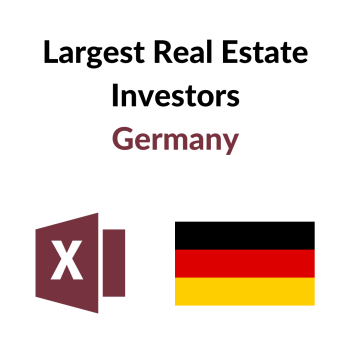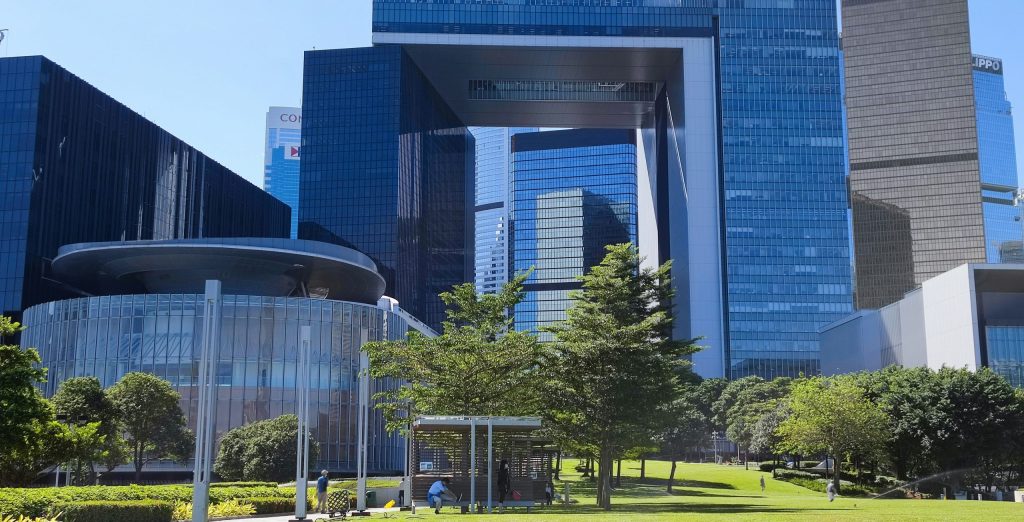-
Rated 5.00 out of 5€599,99 Incl. VAT
The following article was created to aid in the research for our list of the largest real estate investors in Germany. It includes in-depth acquisition profiles, as well as contact information and any available AUM figures.

High street retail stores are retail outlets in the main shopping streets of cities. These are often particularly lucrative locations – unsurprisingly, some property investors focus on such properties, including these three:
1. ZREV GmbH (Frankfurt/Main)
ZREV is a Frankfurt property investor that focuses on commercial properties in various segments. The abbreviation “ZREV” stands for Zamberk Real Estate Ventures. Joseph Zamberk is the founder and managing director of ZREV. The company currently (as of March 2024) has a Germany-wide property portfolio with a total rental area of almost 160,000 sqm. High street retail stores account for over a fifth of this – the third-largest share of the portfolio alongside retail parks and office space. In the case of high street retail stores, space is sought in large cities with a population of over 150,000 (catchment area > 250,000 inhabitants).
2. B&L Real Estate GmbH (Hamburg)
Büll & Dr Liedtke KG was founded in Hamburg in 1970 as a property company for developer models. Over the course of more than 50 years, it has developed into a broad-based project developer, property investor and property marketer. Today, the company operates on the market as “B&L Real Estate”. One business area is centre management and deals with the development and management of promising urban shopping locations, among other things. Examples of B&L commitments in this area: 5 Höfe Munich, Hamburg Bahnhof Altona, Kröpcke-Center Hannover or the shopping centre DAS ES! Esslingen shopping centre.
3. ALITUS Capital Partners GmbH (Erlangen)
ALITUS Capital Partners (ACP) is a shareholder-managed property investor based in Erlangen, Franconia. The company operates as an investment company and supports medium-sized project developers with so-called mezzanine capital. These are forms of capital that legally occupy an intermediate position between equity and debt capital. The instrument utilized by ACP is primarily subordinated capital. Investments are preferably made in project developers with a focus on retail properties with potential – including high street retail properties – and commercial properties in various segments. The investments are sized up to EUR 5 million and have short maturities.
Image source: Unsplash




